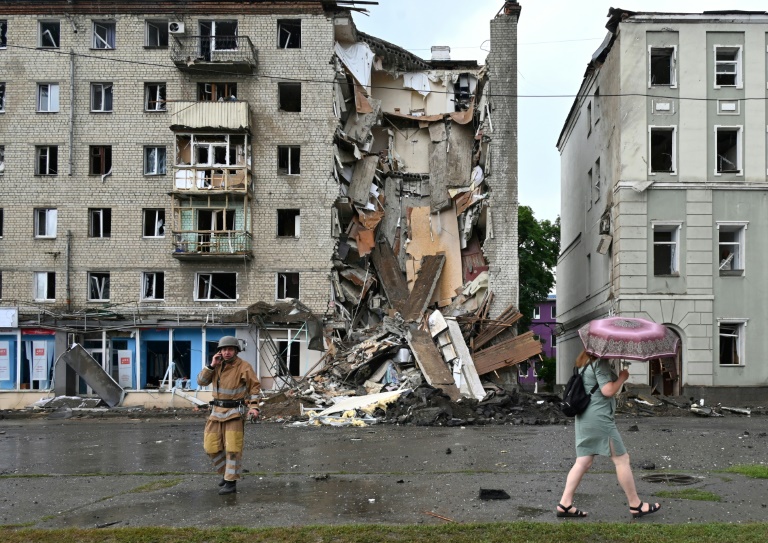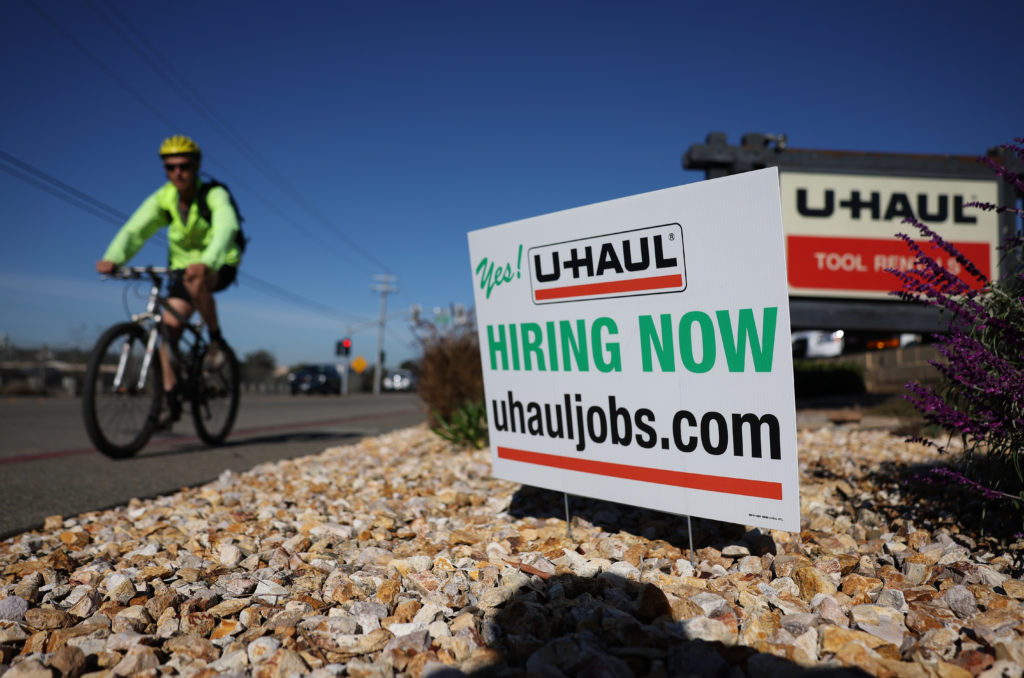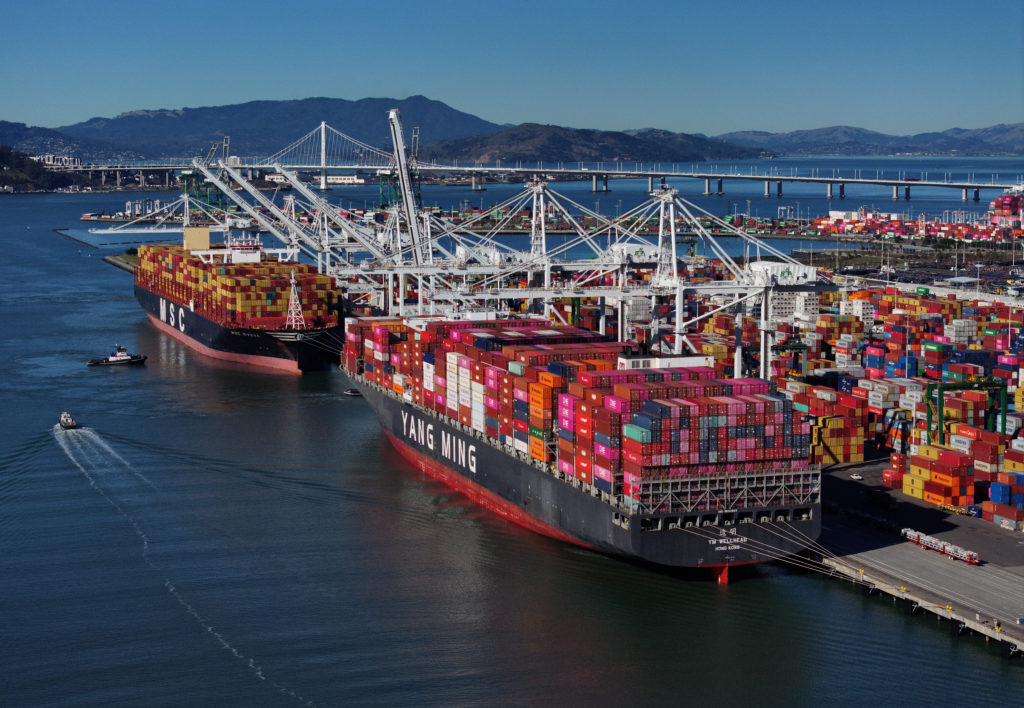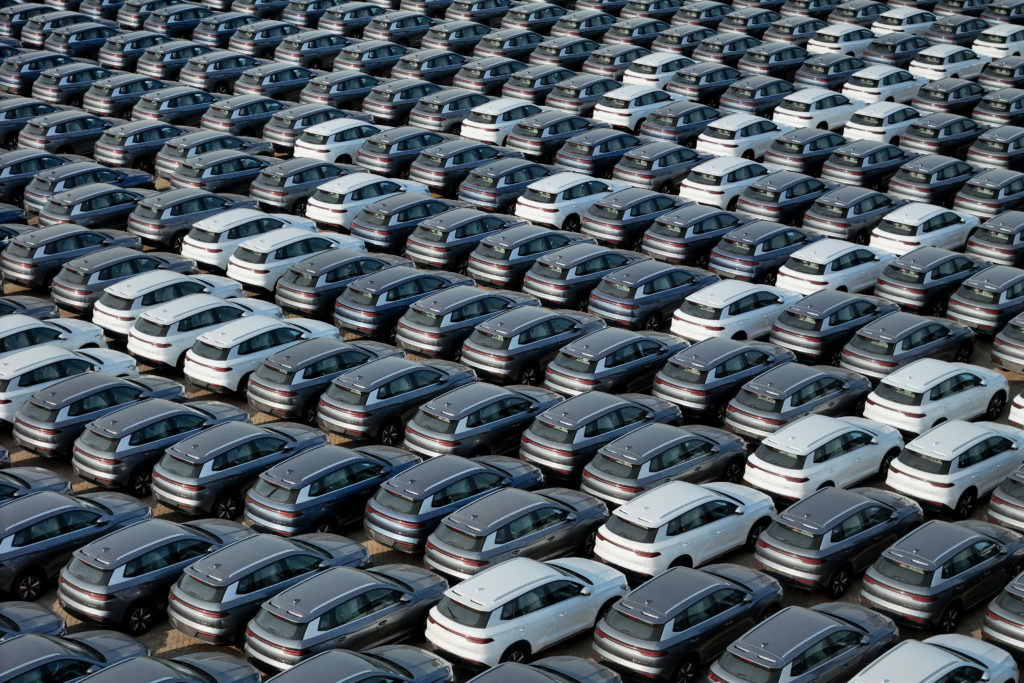Ukraine said Monday Russian forces were preparing to scale up an offensive on key cities in the eastern Donbas region as three people died in rocket strikes on Kharkiv, the country’s second-largest city.
The attacks in Kharkiv in northeastern Ukraine came as Europe braced for deeper cuts in gas supplies from Russia.
Kharkiv regional chief Oleg Synyegubov said Russian fire targeted “civilian facilities — a shopping centre and civilian residences.”
“Thirty-one people were hospitalized including two children who are four and 16 years old. The victims are suffering primarily from shrapnel-related injuries. Three people died,” he said in a statement.
In eastern Ukraine — the focal point for a grinding Russian offensive — 20 people died over the weekend in strikes on the town of Chasiv Yar in the Donetsk region, Ukrainian officials said.
The emergency services said they had managed to establish verbal contact with two people trapped under the remains of a residential building.
“Everyone who gives orders for such strikes, everyone who carries them out targeting our ordinary cities, residential areas, kills absolutely deliberately,” President Volodymyr Zelensky said late Sunday, vowing the perpetrators would be brought to justice.
Russian defence ministry spokesman Igor Konashenkov claimed Monday meanwhile that “more than 300” Ukrainian combatants had been killed in a Russian strike near Chasiv Yar without giving a date.
– ‘No safe place’ –
Having fought long battles to capture areas of the eastern Lugansk region, Russian troops are now turning their focus to Donetsk as they look to take control of the whole Donbas.
The region was under persistent shelling with authorities reporting nearly 50 attacks on infrastructure, but Russian ground attacks were all but paused, the Ukrainian army said Monday.
It warned, however, that Russian troops were likely planning to launch some of their heaviest attacks yet in the Donetsk region.
“There are signs of enemy units preparing to intensify combat operations in the direction of Kramatorsk and Bakhmut,” it said, referring to two main cities still under Ukrainian control.
Moscow’s slow but steady grind into the east — despite fierce Ukrainian resistance emboldened by recent deliveries of Western-supplied artillery — contrasts with their failure to capture the capital Kyiv at the start of the invasion.
In Bucha, a town outside Kyiv, 36-year-old web designer Maxim was sitting around a table with his family outside his home, where just three months ago, Russian soldiers were rummaging through his home and sleeping in his children’s bedroom.
“In this atmosphere, I feel like nothing can happen and that life is normal,” he said.
“But we know there’s a war and there’s no place safe in Ukraine right now.”
Western weapons — in particular, precision, long-range artillery — are “already changing the course of the war,” said Secretary of the National Security and Defense Council, Oleksiy Danilov.
He credited the weapons with bringing “demoralization, demilitarization, and de-occupation” of Russian-held territory.
Observers of the conflict have reported long-range strikes on Russian ammunition and weapons depots dozens of kilometres behind the front line.
– Gas worries –
Still, the repercussions of the conflict were being felt Monday in western Europe as Russian gas giant Gazprom began more than a week of routine maintenance on its Nord Stream 1 pipeline.
Germany and other European countries cast a worried eye on energy supplies after Italy’s Eni and Austria’s OMV said Gazprom was further reducing the supply of gas.
Eni said flows were dropping to 21 million cubic meters (741 million cubic feet) per day, down from a recent average of about 32 million, while OMV said it would see a 70-percent reduction.
Following Russia’s invasion of Ukraine in February, Germany suspended certification of a second pipeline, Nord Stream 2, as fears grew over Europe’s massive dependence on Russian gas.
The Russian and Belarusian leaders meanwhile discussed Monday possible joint measures against neighbouring Lithuania over its “illegal” transit restrictions affecting Moscow’s exclave of Kaliningrad, the Kremlin said.
The Baltic country last month began to restrict transit of EU-sanctioned goods into Kaliningrad, a Russian region sandwiched between NATO members Lithuania and Poland, infuriating Moscow.









